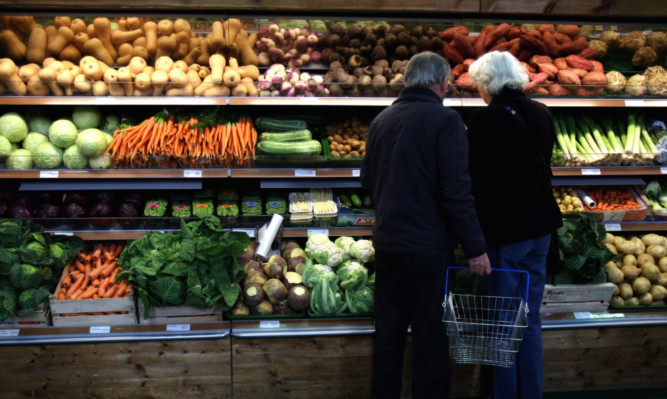UK food and drink suppliers are facing a “perfect storm” which could send scores to the wall by the end of the year.
The latest Begbies Traynor Red Flag Alert report found more than 100 small producers could go bust as a result of the “ongoing and brutal price war” between the UK’s major supermarkets and the emerging discounters.
The authors said while food sales were stronger than expected for the major retailers over Christmas, the performance masked extremely challenging trading conditions for many small companies that actually produced the goods.
The research found the number of UK food retail businesses in “significant” financial distress spiked 48% to 4,552 in the fourth quarter of 2014 compared to a year earlier.
The increase in distress in firms in the food and beverage manufacturing sector was even more marked, with a 92% year-on-year rise from 733 in late 2013 to 1,410.
Begbies said SME food retailers and suppliers were casualties of the price war waged by the UK’s largest supermarkets.
Among reasons given for the spike in distress were an increase in the time between delivery of goods and payment, and squeezing of margins as supermarkets looked to strike the best possible deal.
In recent weeks Asda and Sainsbury’s have announced £450 million worth of price cuts, Morrisons has started a search for a new CEO who can return it to growth, and Tesco has set out major plans to reassert its dominance.
Begbies Traynor partner Julie Palmer said the “battle lines were drawn” and the climate was only likely to get tougher for the SME producers caught in the middle.
“The supermarket price war is intensifying, and it looks like the UK’s smallest food suppliers are bearing the brunt,” Ms Palmer said.
“A perfect storm is brewing for SME food suppliers at the bottom of the food supply chain, with many suffering a double hit: from larger suppliers demanding loyalty payments, as well as vanishing margins as a result of the inevitable, aggressive supermarket price war.
“Adding to their misery, the UK’s food producers and suppliers have failed to see any benefit from the rise in popularity of the German discounters Aldi and Lidl, since much of their canned and packaged stock is sourced from overseas.
“With shocking increases in distress among the supermarkets’ main suppliers, the largest chains need to tread very carefully if they want to prevent a new crisis creeping up through their supply chain.”
Scotland-specific statistics from the report show a total of 11,989 businesses north of the border were in ‘significant’ financial distress in the final quarter of the year, a 2% improvement on the previous three month period.
A total of 106 firms were said to be in a ‘critical’ state.
“The relative fortunes of the different sectors of the economy are growing wider apart, and unfortunately the key retail and construction sectors are seeing rising distress when these are known drivers for later economic prosperity,” said Ken Pattullo, group managing partner in Scotland.
